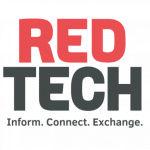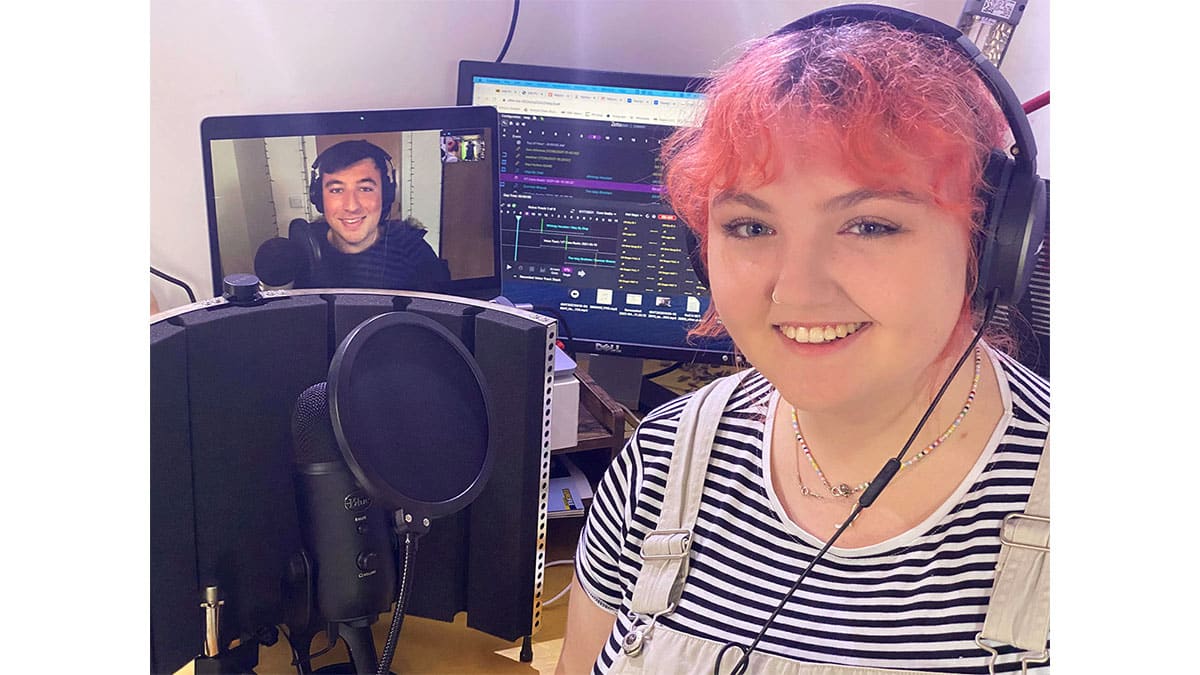LONDON — A new radio station has launched for the United Kingdom’s 9 million paid and unpaid caregivers, with volunteer staff promising to “give something back” to those who spend much of their time looking after others.
Care Radio is the brainchild of Hedley Finn, OBE, who founded children’s charity Radio Lollipop, and British radio executive John Dash. Together they have recruited nearly 50 radio professionals to donate their time to set up the station.
Radio industry suppliers have stepped up too, with what Dash — the station’s CEO — describes as “a staggering amount of goodwill.” Output is produced and played out using Zetta2Go software donated by RCS, streaming is courtesy of Sharpstream, while All in Media has donated the station’s app.
Equipment Donation
“We launched as a response to the pandemic and the enormous strain that carers, the U.K.’s National Health Service and social care staff came under and continue to work through,” explained Dash. “Care Radio connects, entertains and supports them.”
Almost all the programming is produced from presenters’ home studios. The RCS Zetta2Go system allows presenters to voice-track their shows simply using a microphone and laptop, with the space bar becoming the familiar “next” button for starting and stopping recording and firing the next audio segment.
Output is produced and played out using Zetta2Go software donated by RCS, streaming is courtesy of Sharpstream, while All in Media has donated the station’s app.
The output of the station is a mix of music, general conversation and specific content about caring, which is overseen by a number of experts from the care sector who act as advisers. The general music and conversation shows are split into four segments each hour. Between these, speech content is inserted to offer support to caretakers; news and weather on the hour and specific, exclusive news for carers on the half hour, both produced and uploaded by Radio News Hub. At around 15 and 45 minutes past the hour, pre-recorded segments rotate throughout the day, produced by journalists among Care Radio’s volunteers.
Music shows may be repeated during the week, but the news and special features vary, meaning the shows sound fresh to anyone who happens to hear them twice. Often these are double-headed, which poses a different sort of programming challenge, with the presenters in separate locations.
Next Steps
The “Young Carers” program is presented by Luke Dudley in his flat in Salford near Manchester along with Lucy Hutton from her university room in Nottingham. They connect on Zoom to chat with each other, but for maximum audio quality, each records their content locally, and Luke then uses Adobe Audition to edit together his contribution with Lucy’s.
Meanwhile, the station records the “Caring for Carers” show on Zoom with program director Gary Robinson in Arbroath, Scotland and co-presenter, the former BBC Radio 4 announcer Matt Jones in Amsterdam. Despite these challenges, the programming itself is seamless when it gets to air.
The station’s AIM-developed app went from initial design to approval in the various app stores within around one week, despite the need for the Care Radio team, RCS, AIM and others to collaborate remotely to bring the content together.
The back end of the app is written with a simple, intuitive user interface, while the app itself has been built in such a way to add new features, including recently played songs, program schedules and listen-again without the user having to download a new version, nor for it to require re-approval.
“We started developing this project fewer than four months ago,” explained station chairman Hedley Finn, “and set ourselves a target of being on air within 100 days. John and Gary went through their contacts asking for support, and overwhelmingly, people said yes. Not only that, but they then recruited their friends and colleagues to help — it’s amazing how many people want to say ‘thank you’ to carers. We didn’t quite make the 100 days — we were on air 106 days later, which I think is pretty good.”
The next challenge for the station is to grow its audience through smart speakers, and then begin broadcasting on DAB digital radio multiplexes across the country. “We’re looking at developing this project so much further over the next 12 months,” said Finn.
“We’re talking to businesses to supply us with prizes and money-can’t-buy experiences that we can give away to reward caregivers, and we’re going to be channeling advertising revenue into a new charity trust to support carers across the country.”

